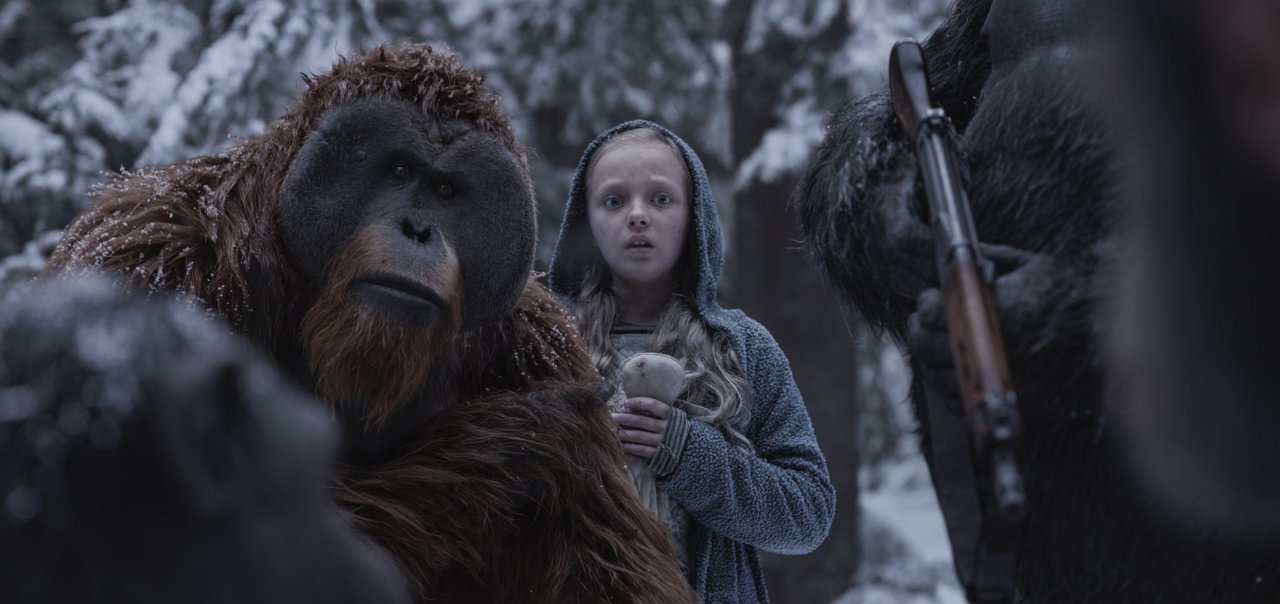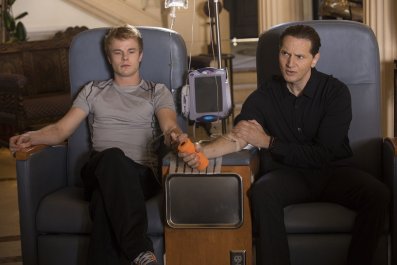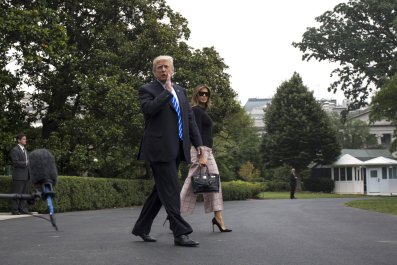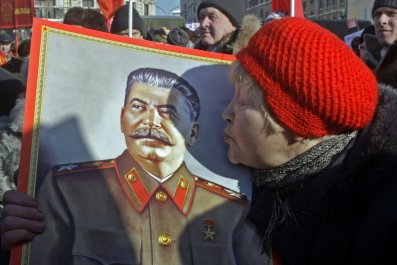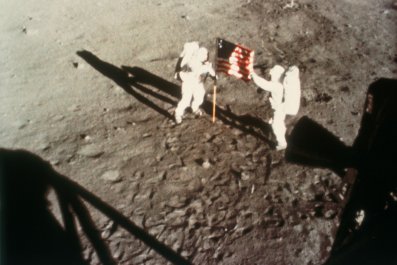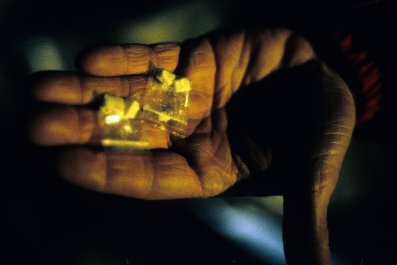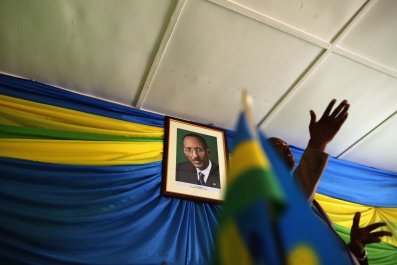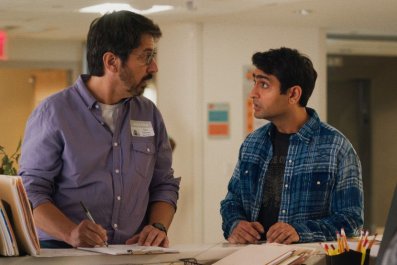Even when it threatens to turn into Apocalypse Now in a wobbly stretch near the end, War for the Planet of the Apes never ceases to be a movie, never turns into a product. That's to say that the filmmakers have conceived it as a dramatic and emotional experience and not just the scheme of a studio marketing department, the craven and transparent impulse that hobbles so many big summer movies. In fact, they have made a consistently intelligent, morally thoughtful and often beautiful picture.
Matt Reeves, who helmed the second film in the franchise, Dawn of the Planet of the Apes, directed and co-wrote the script with Mark Bomback. Together they have created a story that is coherent and credible, and with character motivation fully thought out. Equally impressive, the physical action remains clear; in small skirmishes and big battles, there isn't a moment where you can't tell where the warring factions—or the characters within those factions—are in physical relation to each other. The editing is steady rather than manic, and since this is a movie unafraid of scenes of characters talking to one another, special effects are used to support the story rather than supplant it.
In what appears to be the concluding entry of this trilogy, Koba, the rebel ape who started a war against humans in the second film, has been killed by Caesar (Andy Serkis)—the super-intelligent chimp who got this party started in 2011, with Rise of the Planet of the Apes, and is now the spiritual and strategic leader of the simians. While the humans are still dealing with the aftereffects of a virus that nearly wiped them out, the apes are hiding in the forest. When they have a chance to escape to new territory, Caesar sends them off, remaining with a small army to hunt down the sadistic renegade army colonel (Woody Harrelson) who has caused him a tragic loss.
Caesar is the classic leader figure caught between his nobler instincts and his desire for revenge, and that conflict, so easily the stuff of silent-man clichés, instead gives the movie weight. In a scene in which he must kill an old friend turned traitor, there is no triumph in the moment. The violence in this film is never just a thrill, the effects of brutal acts are always taken seriously, and war is not ennobling.
If the movie is morally sure-footed, politically it can veer into stridency. Every scene with Harrelson's madman colonel—he's building a wall to keep out his enemies (get it?)—feels strained, not least because this usually terrific actor has been saddled with one of the film's few caricatures. It doesn't do the movie in, though, and there are lovely touches, like the huge ape Luca adorning a little girl's hair with a sprig of cherry blossoms (and her later return of the favor), or the poignancy in the performance of Steve Zahn, who plays a former zoo ape that has lived in isolation. And the climax has true emotional sweep.
War for the Planet of the Apes is one franchise blockbuster that treats you like an adult. What's more, you can walk out feeling like a moviegoer rather than a mark.



